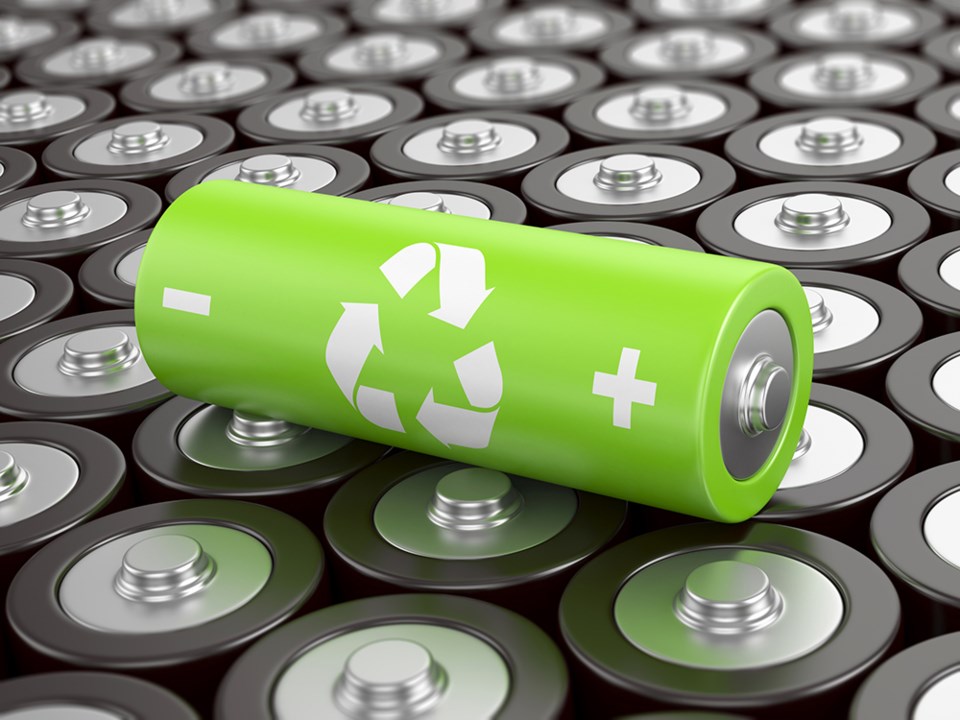This is the time we curl into our caves for our over winter recharge.
As you gaze upon your manor and all that has accumulated in its nooks, crannies and closets, you may find a recycling depot run is in order. If you uncover a mess of dead household batteries, make sure they find their way to their best home.
Truly a wonder of invention, the battery has allowed us to make energy storable, and in that, portable. But what happens when the often too short life cycle of a battery is over?
Most single-use household batteries (AAA, AA, C, D, 9 volt and button-cells) contain a mix of materials that can be recycled, and perhaps more importantly, a mix of earth elements that can leak into the environment as pollutants. Beyond the steel casing, which can be recycled nearly infinitely, alkaline batteries contain zinc, manganese (a neurotoxin), potassium hydroxide (corrosive), graphite, paper and plastic.
Rechargeable household batteries are usually lithium-ion or nickel-metal hybrids – both of which should be kept out of the soil and water for multiple reasons. Batteries corrode over time and leach their chemicals into aquatic environments, potentially including water supplies.
Lithium batteries are notorious for sparking and causing landfill fires that burn underground for months to years, releasing noxious gases, and nickel is a known carcinogen which needs to be kept out of household trash.
qathet Regional District residents can drop off household batteries, including alkaline, rechargeable and cell phone batteries at all recycling depots, Canadian Tire and RONA, but not in curbside recycling bins. Once collected, batteries are delivered to Call2Recycle for recycling and processing.
While you’re waiting to accumulate enough batteries to make a trip to a depot, they should be stored in their original packaging or with their ends taped and then batteries stored in a plastic container to avoid the risk of sparking and causing a fire. Automotive batteries can be delivered to Canadian Tire or Augusta Recyclers.
When it comes to the question of investing in single-use batteries or the more costly rechargeable type, there is debate on which is more earth friendly. Even though they pay for themselves in a few years, rechargeables have the downside of being made of less benign materials than their single-use alkaline counterparts.
In terms of which rechargeable battery is least toxic, a 2019 study concluded that lithium-ion was the lesser of two evils compared with the also popular nickel-metal hybrid battery.
Whatever your choice, responsible disposal is key, and in contrast to our neighbours to the south we, at least, have more convenient options for this.
One way to honour the place we all call home is to avoid draining its battery by carelessly consuming resources. When you next dive into organizing your home and tidying up your recyclables’ stash, take the extra moment to escort dead batteries in your life to a recycling depot.
Make sure you aren’t tossing rechargeables unless they have no more cycles left in them. Dust off that charger and plug them in to see if they can continue to light up your life and the planet.
Let’s Talk Trash is qathet Regional District’s waste-reduction education program. For more information, email [email protected] or go to LetsTalkTrash.ca.



